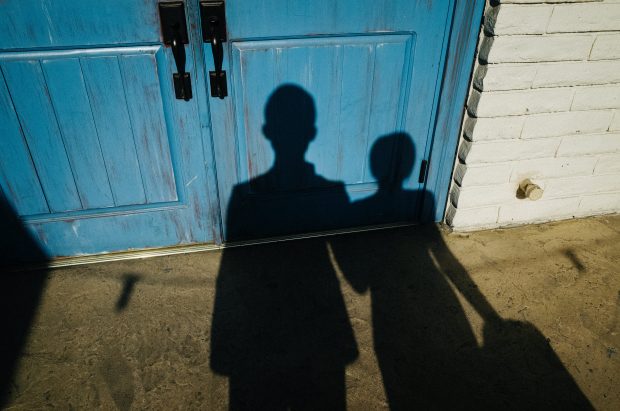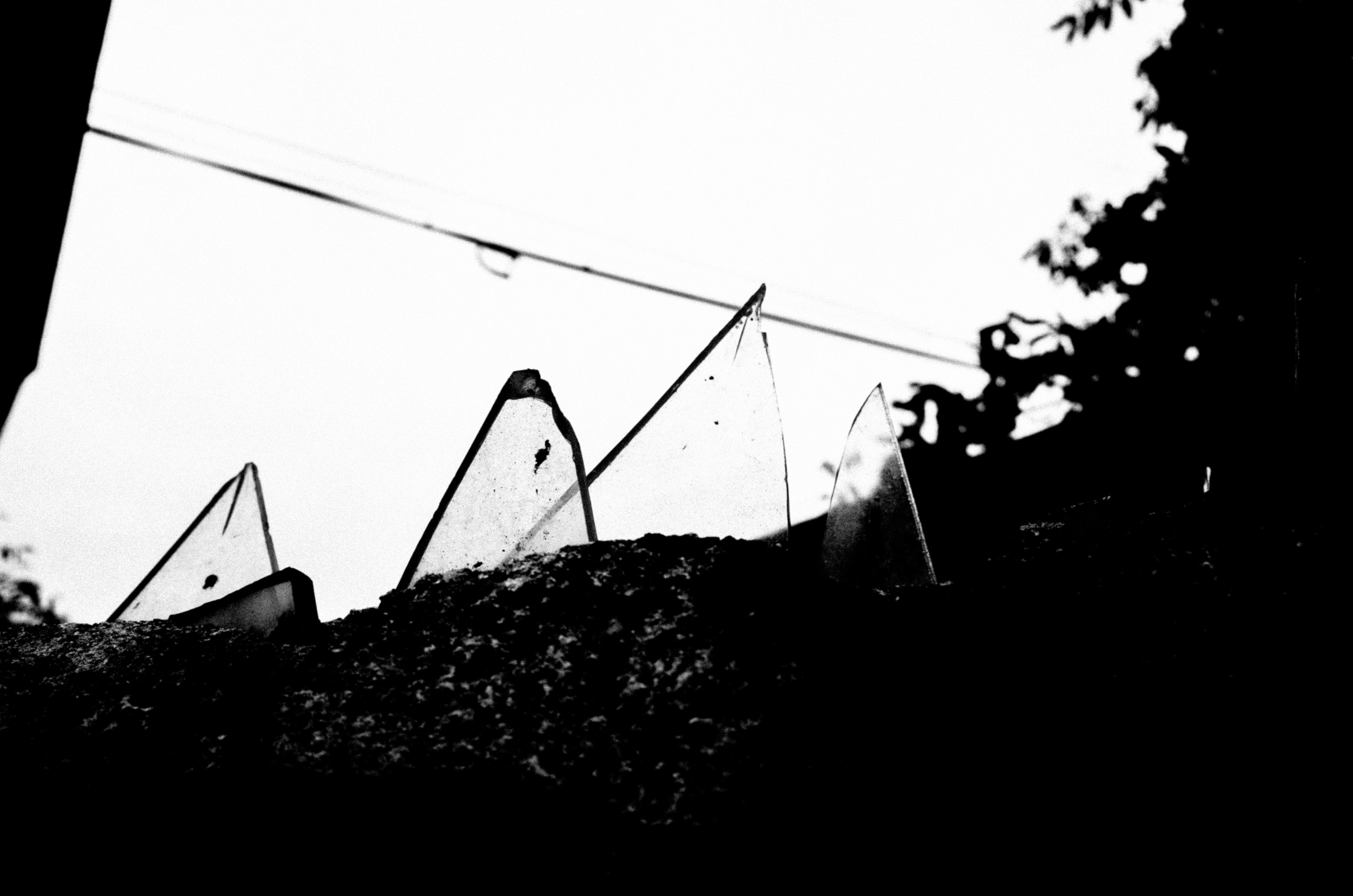Thank you everyone, for coming today.
To commemorate the life of “IMSORRY”
You were always there.
Inserted between the pleasantries of Hello, Howareyou, and Imfine.
You turned the vinyl with stylistic ease
the second before the room could notice the cacophony of contradictions:
Staccato, static, then silence.
You were always there.
Your platitudes punctuated my days:
A polished smile
A distant gaze
A gentle touch.
Your weight on my shoulders, whispered:
Hide, shield the miss-takes of others,
with my concise confession.
You were always there.
Hollow echoes mimed through my lips
Uttered under the sedated simplicity of maintaining
Accord
Harmony
Others’ feelings.
You
You You
You
Dragged down my lashes
Forced my eyes to fall out of focus
Choked my voice
To the melody of softened, vocal fry fucking upswing.
Thank you everyone, for commemorating the life of “IMSORRY”
Cut abruptly short by
Me.


















